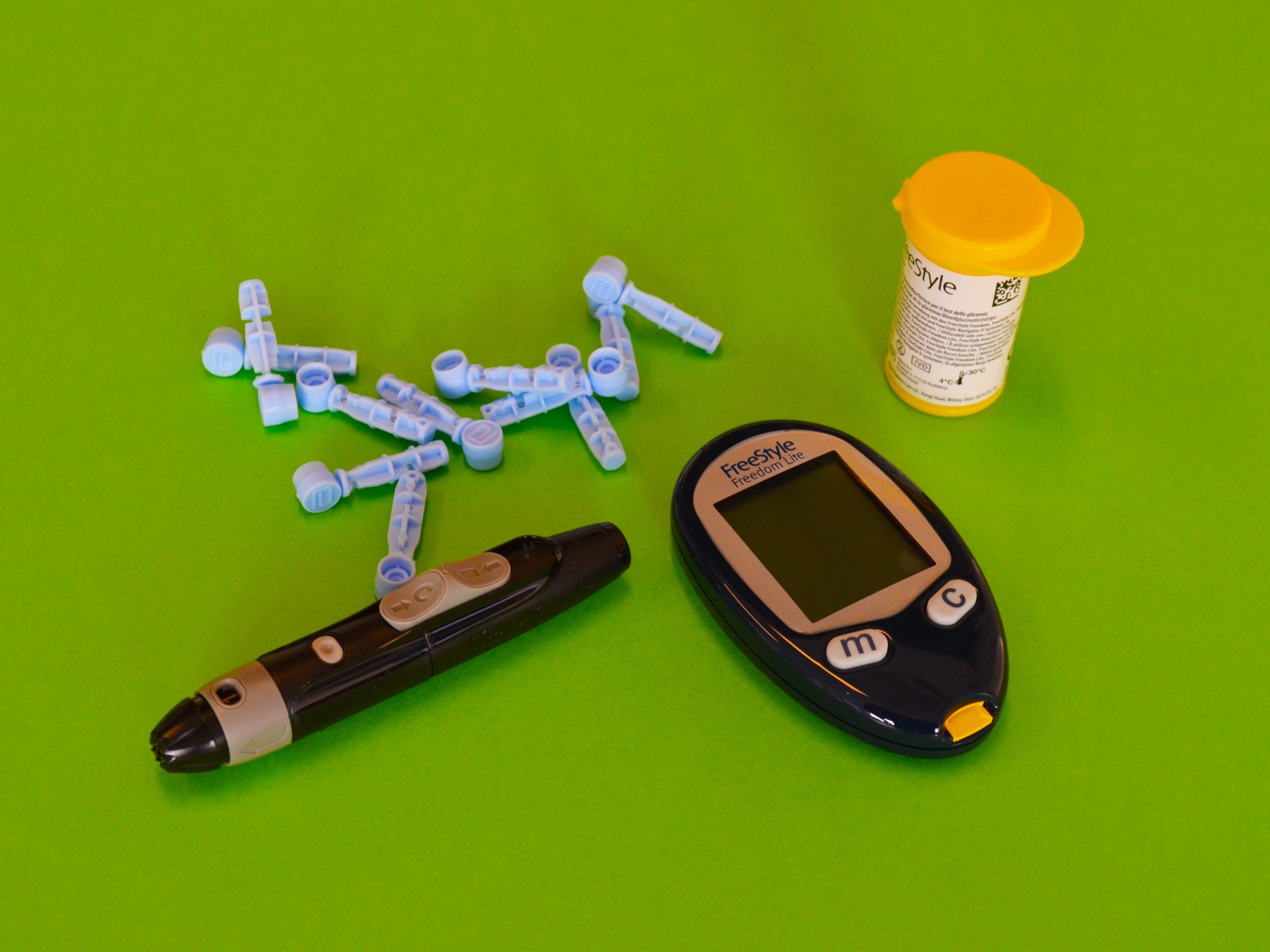Uses of beets (Beta vulgaris) and molasses (Saccharum officinarum)
June 12, 2022

Sodium-glucose co-transporter-2 inhibitors (SGLT-2i) exert a glucose-reducing impact by blocking off glucose reabsorption within the proximal tubular system. Mounting proof shows extra renoprotective residences along with an attenuation of kidney characteristic decline and albuminuria, the hallmark of diabetic kidney ailment (DKD).
SGLT-2i have additionally been proven to lessen cardiovascular and all-purpose mortality profoundly in sufferers each with and without diabetes. The renin-angiotensin system (RAS) is important within the law of blood stress in addition to sodium and fluid homeostasis.
SGLT-2i were hypothesized to bring about RAS modulation by affecting the tubuloglomerular comments and it’s been advised that the renoprotective mechanism(s) of SGLT2 inhibitors can be pushed through altered intrarenal hemodynamics just like the ones of ACEi.
Effects of empagliflozin on kidney characteristics, glucose manipulation laboratory parameters
Empagliflozin remedy brought about a preliminary eGFR lower at 2 weeks with a relative recuperation thereafter. Urinary protein excretion and blood stress tended to lower fairly within the entire kind 2 diabetes institution whilst final strong in sufferers without diabetes. Overall, proteinuria decreases in patients without diabetes. Urinary glucose excretion expanded notably on semiquantitative evaluation within the affected person subgroups receiving empagliflozin, corroborating having a look at remedy adherence for the duration of the have a look period.
The kidney-shielding consequences of SGLT2 inhibitors have formerly been proven in sufferers of kind 2 diabetes and persistent kidney ailment within the CREDENCE trial.
Life expectancy is markedly decreased while kidney characteristic declines or albuminuria develops. Global estimates imply that 1.2 million deaths have been on account of persistent kidney ailments in 2017. The findings from the existing trial affirm the excessive mortality amongst sufferers with impaired kidney characteristics. The markedly decrease mortality within the dapagliflozin institution than within the placebo institution helps using dapagliflozin as an addition to the healing control of persistent kidney ailment.
The trial confirmed that individuals with persistent kidney ailment who obtained dapagliflozin had a notably decreased threat of a composite of a sustained decline within the predicted GFR of at the least 50%, quit-level kidney ailment, or dying from renal or cardiovascular reasons than individuals who obtained placebo, impartial of the presence or absence of kind 2 diabetes. In addition, individuals who obtained dapagliflozin had a decreased threat of dying from cardiovascular reasons or hospitalization for coronary heart failure and had longer survival.